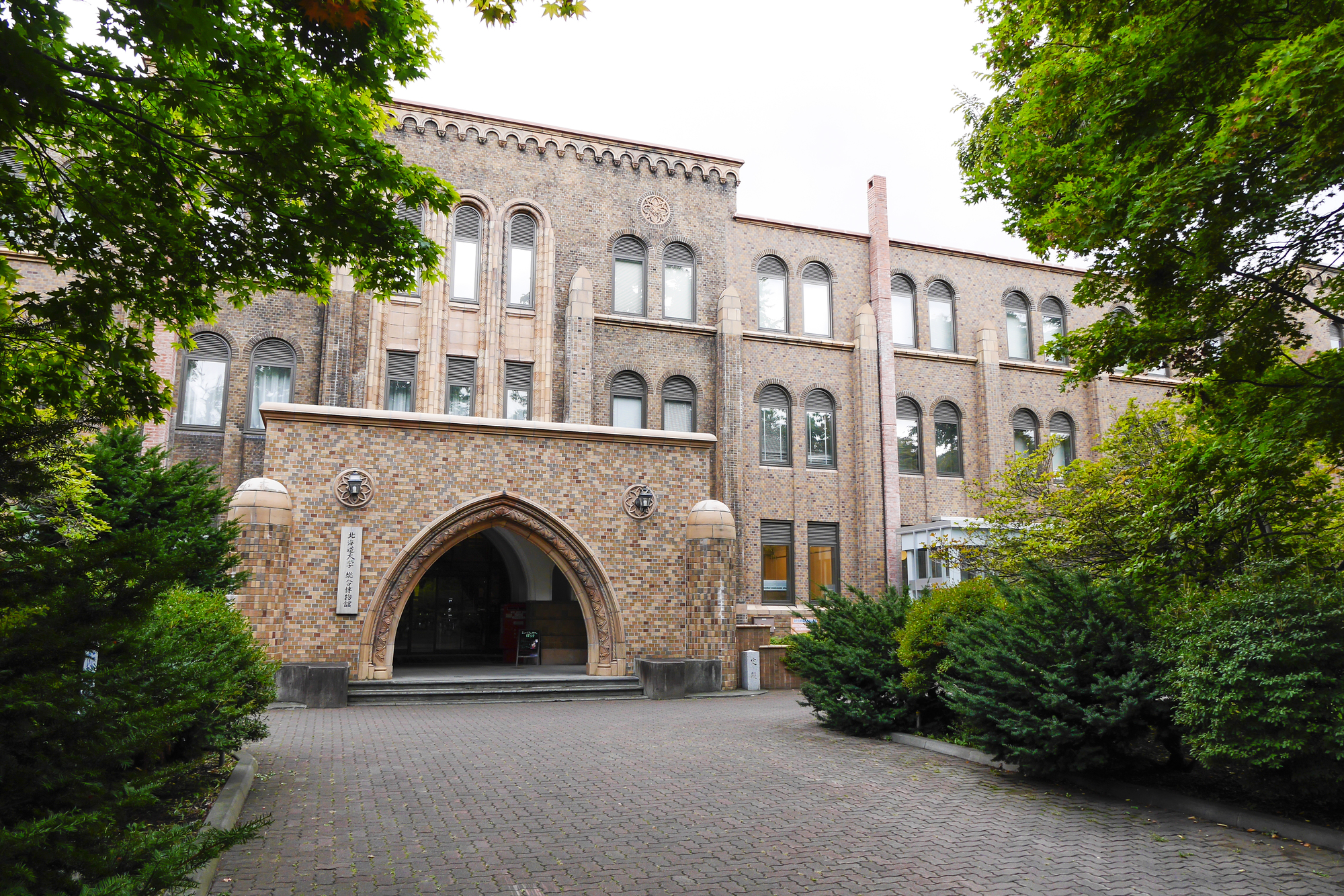A collaborative research group led by Associate Professor Shunsuke Kimura and Professor Koji Hase of Keio University Faculty of Pharmaceutical Sciences discovered a special cell that works to take up foreign substances inhaled by breathing.
Humans take in oxygen in the air by breathing and maintain vital activity.In addition to oxygen, there are various fine particles such as pollen, dust, and microorganisms in the air, and our body protects the body by recognizing these fine particles and activating the immune system.It was known that epithelial cells called M cells were present in the intestinal tract and had a high ability to take up foreign substances, but it was unknown whether M cells were also present in the respiratory tract.
Therefore, this time, the research group searched for GP2 Tnfaip2-positive cells by immunostaining the trachea and bronchi of mice using GP2 and Tnfaip2, which are specific molecular markers for intestinal M cells.As a result, it was clarified that a small number of positive cells were present in the tracheal and bronchial epithelium.The group also found that these M cells take up foreign substances present in the respiratory mucosa, and found that respiratory M cells are also present in lesions of various respiratory diseases such as chronic obstructive pulmonary disease model mice. rice field.Furthermore, we have succeeded in collecting epithelial cells from the trachea and bronchi of mice and constructing a culture system for respiratory M cells that maintain their functions.
This result clarifies the route by which antigens and microorganisms invade the living body in allergies and infections in the respiratory tract, and is expected to lead to the elucidation of the mechanism of onset and exacerbation of respiratory diseases.


